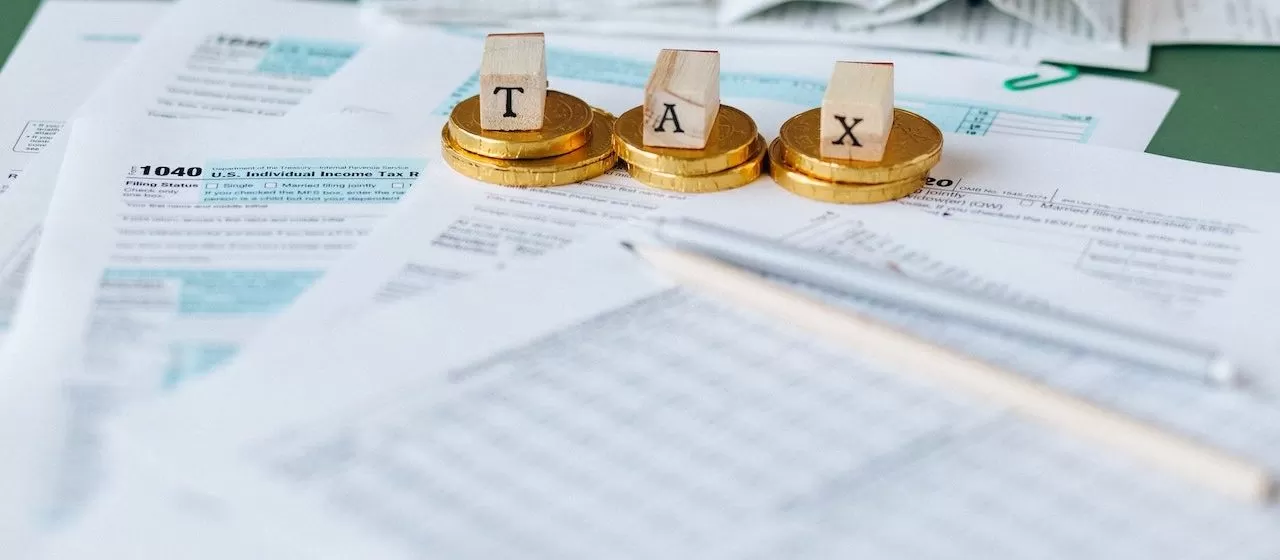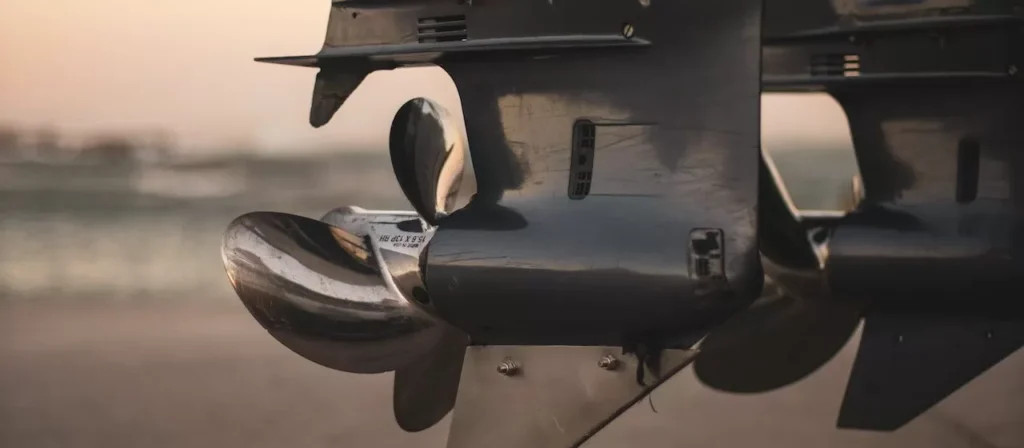Before you give to a nonprofit, it's smart to double-check that your donation will truly make an impact. In this guide, you'll learn how to check if a nonprofit is legit, what red flags to watch out for, and which tools you can use to confirm a 501(c)(3) organization's status.
Support Only Legitimate Tax-Exempt Organizations Certified by the IRS!
Thousands of nonprofit groups operate in the U.S., but only some qualify for official 501(c)(3) status from the Internal Revenue Service (IRS). This tax-exempt designation is reserved for legitimate charitable, religious, educational, scientific, and literary organizations. It also covers groups that test for public safety, foster amateur sports competitions, or prevent cruelty to children and animals. These are often described as genuine cause-based groups working toward the public good.
Within this status, there are two main categories: public charities and private foundations. Public charities typically receive most of their support from the public or the government and provide services such as homeless shelters, schools, or animal rescues. Private foundations, often funded by a single donor, family, or business, usually make grants to other nonprofits to further charitable missions.
How Can You Distinguish Legitimate 501(c)(3) Nonprofits?
If you want your donation to reach the right people, follow these five simple checks to protect yourself from scams:
- Check the organization's tax ID number. A legitimate 501(c)(3) will have an Employer Identification Number (EIN) issued by the IRS. This number provides a clear way to confirm the organization's identity and contact details.
- Use the IRS tax-exempt search tool. Visit the IRS Tax Exempt Organization Search tool on irs.gov to make sure the nonprofit is current on its registration. If the listing isn't updated, the group's tax-exempt status may be at risk. You can also confirm state-level registration, since many states require nonprofits to register before fundraising.
- Review the donation process. A real nonprofit should accept multiple secure payment methods. Be cautious if donations are only directed to an individual or through unusual payment options, as this may be a red flag.
- Ask for tax receipts. Genuine 501(c)(3) organizations provide donation receipts that include their name, address, and the amount (or description) of your contribution. These receipts are essential for you to claim tax deductions.
- Understand how donations will be used. Always ask where your money goes. A transparent nonprofit should clearly explain how funds support its mission, whether through programs, grants, or direct services. Scammers often avoid giving specifics.
Answers to Common Donor Questions
How can I tell if a nonprofit is actually helping people? Look for impact reports or specific outcomes. For example, how many people received services, or what measurable change occurred. Real results go beyond simply having a mission statement. Truly humanitarian nonprofits will demonstrate clear, measurable impact.
What's the best way to review a nonprofit's finances? Check their Form 990 or annual report. Look at how much funding goes to programs compared to fundraising and administration. Strong nonprofits dedicate most of their budget to mission-driven work.
How do I know if a nonprofit is run ethically? Ethical groups often have an independent board, conflict of interest policies, and internal checks. These practices show accountability even beyond what the law requires.
Are there watchdog groups that rate nonprofits? Yes! Charity Navigator, GuideStar, and the BBB Wise Giving Alliance all rate nonprofits on governance, transparency, and effectiveness. The Better Business Bureau can also provide reviews and complaints to help you evaluate reputation.
Should I check anything at the state level? Many states require nonprofits to register before soliciting donations. Check with your state's charity regulator to confirm they're legally allowed to fundraise in your area.
Deal with an IRS-Certified 501(c)(3) Nonprofit
If you want a safe and rewarding way to give back, consider Breast Cancer Car Donations. We make it easy for you to donate an unwanted vehicle and be confident that your contribution is going to an IRS-certified 501(c)(3) nonprofit.
Your donated vehicle is auctioned, and the proceeds are used to support our IRS-certified 501(c)(3) nonprofit partners --- the American Breast Cancer Foundation (ABCF) and Women Involved in Nurturing, Giving, Sharing, Inc. (WINGS). These compassionate organizations provide free breast cancer screenings, financial aid for treatments, access to top cancer centers, and education services for uninsured and struggling patients.
When you donate, you're not only helping save lives but also earning meaningful benefits. You'll get free towing from any place in the country, a maximum tax deduction, and the satisfaction of knowing you've made a real difference. Any type of vehicle is welcome, whether it's running or not. Every kindhearted donor who contributes plays a role in bringing hope to breast cancer patients.
The process is quick and stress-free. Just reach out to us, schedule your free towing, and receive your tax-deductible receipt a few weeks later. You can also learn more by visiting our FAQs page, calling us at 866-540-5069, or sending us a message online.
Ready to Save Lives with Us?
[caption id="" align="alignnone" width="1120"] Photo by Ivan Samkov under Pexels License[/caption]
Photo by Ivan Samkov under Pexels License[/caption]Now that you know how to check if a nonprofit is legit, you can give with confidence. Turn your old vehicle into a life-saving gift by donating to Breast Cancer Car Donations today. Call 866-540-5069 or fill out our secure online donation form to get started.




